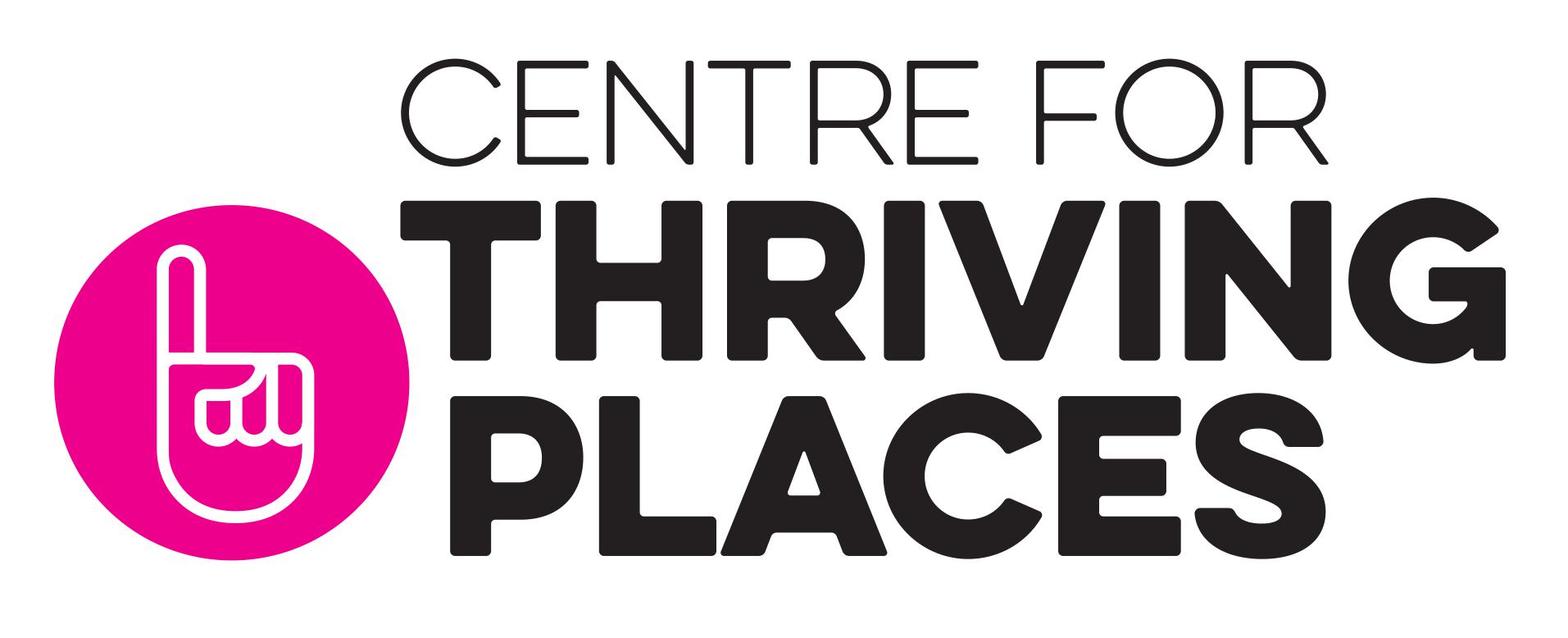Although the whole of the UK has been affected by Covid-19 and its social and economic consequences, the impact has differed between people.
To support a wellbeing-centred recovery, we need to understand how impacts have been felt across the population, including how the key factors that drive wellbeing have been affected.
Together with the Centre for Thriving Places, we brought together emerging research on the impact of the pandemic on different populations and on different outcomes.
What did we do?
We used a crowdsourced process in mid-2020 to gather emerging evidence and insight into which aspects of life were affected by the pandemic, as well as which individuals were most impacted by these changes.
We used this to create Covid:WIRED, an interactive database of studies that organised over 400 findings by domain, inequality dimension and study design.
The database focused on subjective wellbeing and its six drivers:
- Health
- What we do
- Relationships
- Money
- Where we live
- Education
It also showed whether the evidence suggests the wellbeing change was positive or negative, or widened or narrowed existing wellbeing inequalities.
The aim was to help those working in policy and practice find relevant insight to inform their work.
Watch the video demonstration:
Three briefings
Additional outputs from the project were three briefings based on the information from the dashboard. These covered subjective wellbeing, housing, and employment and income, and can be found in the tiles further down on the page.
The Covid:WIRED dashboard was developed by Deborah Hardoon, Ingrid Abreu-Scherer, Rosie Maguire, Saamah Abdallah, Sam Wren-Lewis, Liz Zeidler, Lisa Muller, Melissa Cairns, Joanne Smithson and Nancy Hey – in partnership with Centre for Thriving Places.

![]()

